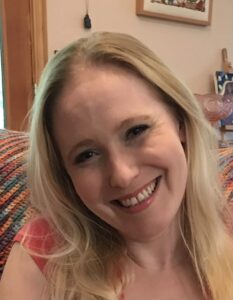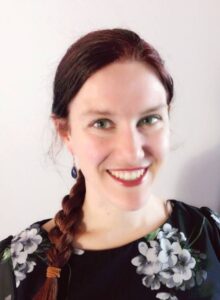“Students need to learn to appreciate the strengths of those on the autism spectrum and to search for common interests with their autistic peers, rather than simply tolerating differences.”
by Oliver Piltch, age 17
Autistic teenagers deserve more than mere tolerance from their peers, but too often that’s the most they can hope for.
Reducing the alienation teens on the autism spectrum feel in school requires a radical change in the way we teach students about autism. Students need to learn to appreciate the strengths of those on the autism spectrum and to search for common interests with their autistic peers, rather than simply tolerating differences.
As a student who works with autistic children and teens, I have seen many educators and administrators focus on preventing bullying and conflict, but fail to effectively teach mutual respect. Instead, many schools use a two-step process to prevent bullying – first, point out differences that exist among students, and second, teaching students to tolerate, or put up with these differences.
Not only does this approach fail to provide students with the tools they need to establish respect, but also it utterly fails to help students form friendships with those who are different from them.
Most teenagers lack the education and understanding necessary to be comfortable around their classmates who have autism. Students need to be told why teens on the spectrum act differently, and why they may have difficulty fitting in socially. Students also need to learn about the strengths that flow from the different way autistic people think.
Autism may contribute to differences in behavior and social skills, but it can also have a hand in the shaping of unique and interesting characteristics, personalities and talents. Different ways of looking at the world can lead to very high-level abilities in areas including math or music.
Learning about the accomplishments of autistic people would go a long way to helping teens respect those with autism.
Take, for example, Clay Marzo. He is one of the best surfers in the world and he is autistic. At age 11, Marzo turned professional. Four years later, he won a National Scholastic Surfing Association (NSSA) title and became the first surfer to receive two perfect scores in the history of the NSSA.

Although Marzo is uncomfortable when interacting with fans and sponsors, he has earned respect because the people around him pay attention to the immense talent he possesses. All students need to learn there are amazing people everywhere; sometimes they have autism and sometimes they don’t.
Most importantly, teens need to understand it is important to look past differences and focus on common interests instead.
After helping an autistic friend start and run a computer club, I saw how quickly he bonded with nonautistic club members due to their shared love of computers. As the club members learned, finding a common interest is enough to spark a friendship.
We can attempt to help students with autism by teaching them social skills, but all that treatment will amount to nothing if the majority of kids who are not on the spectrum are not ready to welcome autistic peers into their social environment.
Students should be taught to look for commonalities that bring them together, rather than differences to be tolerated – a lesson that applies to all their classmates, not just those with autism.
This is a reprint of an op-ed published in the Ventura Star.
Oliver Piltch, a senior at San Marcos High School in Santa Barbara, has been a volunteer at the Koegel Autism Center since 8th grade.
Related Stories: A middle school essay on inclusion
We must shift our views of autism










I would love to have Oliver come and speak to the students at Peabody Charter school as part of our differences and one ness awareness.
My grandson lives with us…he’s autistic and I want to help him. We live near spokane, washington
Can you help in any way? Millie
Millie, how old is your grandson? There should be support groups in Spokane that you can link into.
Absolutely excellent article Oliver! Love it. We tolerate having a cold or being stuck in traffic, really dislike this word being used the way it is when discussing autism. We need to educate the wider community on autism, which leads to understanding and acceptance, which SHOULD lead to celebrating people on the spectrum! 🙂